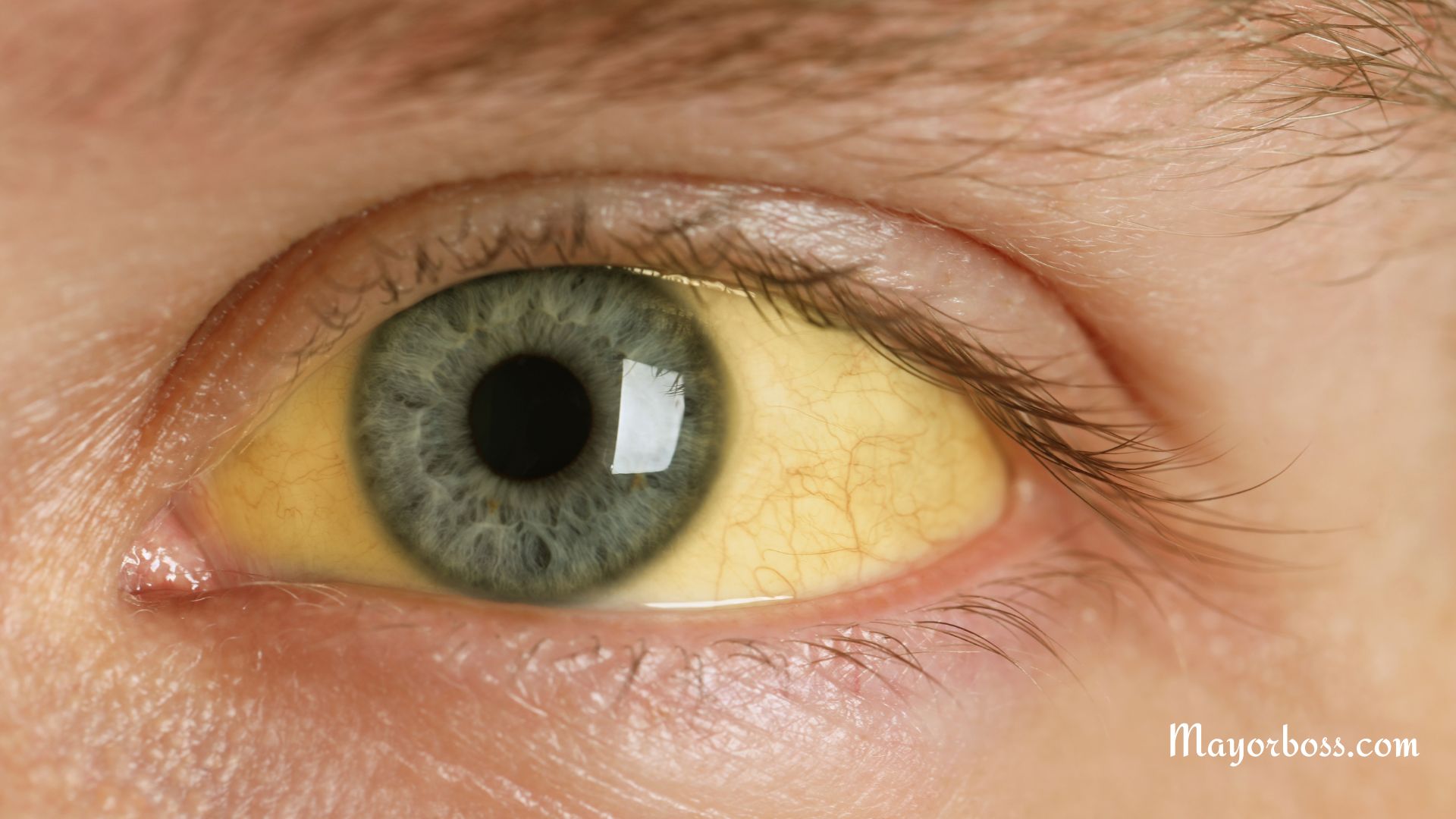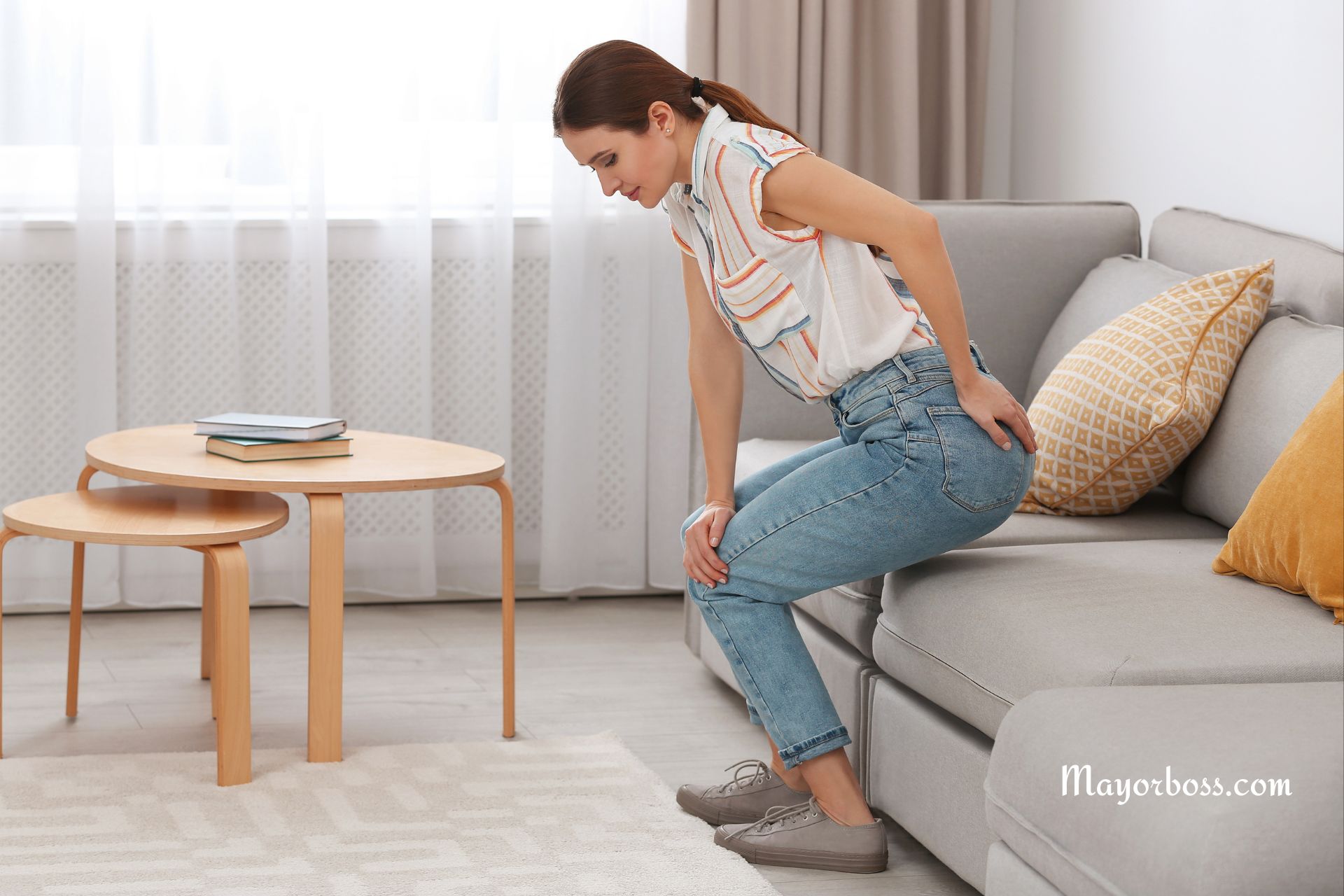Signs Someone Is Hiding Depression
Hidden depression, sometimes called “smiling depression” or “concealed depression,” happens when someone covers up their sad feelings so others will not notice. They might seem okay on the outside, but inside, they feel worried, hopeless, or alone. They often do this because they fear judgment or think they must solve problems by themselves. Some believe they are weak if they ask for help, or they worry no one will understand. Learning about hidden depression is important because it helps friends, family, and health professionals give support. If more people know about it, those who are struggling may feel safer asking for help. Keep reading to learn about the signs that show someone is hiding depression.

Emotional Changes
A person with hidden depression can look cheerful or confident yet feel very sad when they are alone. They might push away their strong emotions, instead trying to act upbeat in front of others. Sometimes, they show anger or irritation instead of sadness, making it hard to see they are hurting. They might say things like, “I’m fine,” or “I’m just tired,” so they do not have to talk about their real feelings. They could also feel guilty, thinking they do not deserve to be sad if others have bigger problems. This guilt makes them hide their pain even more.
Physical and Behavioral Changes
When the mind is suffering, the body can show signs of stress. Someone with hidden depression might sleep too much or not enough. They could always feel exhausted, have trouble focusing, or skip meals. Others might eat more than usual to feel better. These patterns may seem small at first but can grow over time. They might lose interest in hobbies or activities they once loved, saying they are too busy or too tired. Frequent aches, pains, or headaches without a clear cause may also happen. These signs can go unnoticed if the person acts like nothing is wrong.
Social Withdrawal
People who hide depression often stay away from social events or spend less time with family and friends. They might still show up but seem distant or bored, giving short answers or avoiding deeper conversation. They might say they have too much work or need a break from being around people. While these explanations might sound normal, the real reason could be that talking to others feels tiring or scary. They may be afraid of questions about their mood, so they rely on jokes or small talk to keep people from seeing their sadness. Over time, this distance can lead to loneliness.
Substance Use
Some people with hidden depression use alcohol, drugs, or other substances to deal with their feelings. They might start using these more often to block out sadness. Little by little, this behavior can become a dangerous habit. For example, someone might drink every night instead of only sometimes, which can be a clue they are hiding bigger problems. Even though using substances can numb pain for a short time, it usually leads to bigger problems later. This can include more severe depression and damaged relationships. As they feel more shame, they might distance themselves from people who want to help.
The Importance of Support
If you notice any of these signs in someone, gently ask how they are doing rather than telling them to cheer up. You might say, “I’ve seen you don’t seem like yourself lately. Are you okay?” This caring approach shows you want to understand and listen. You can suggest they reach out to a mental health professional, like a counselor or psychiatrist, who can offer therapy or medication. If they are scared or unsure, offer to help them find a clinic or online therapy resource. Showing that you are ready to stand by them can help them feel safer. Remind them that seeking help is a strong and healthy choice.






